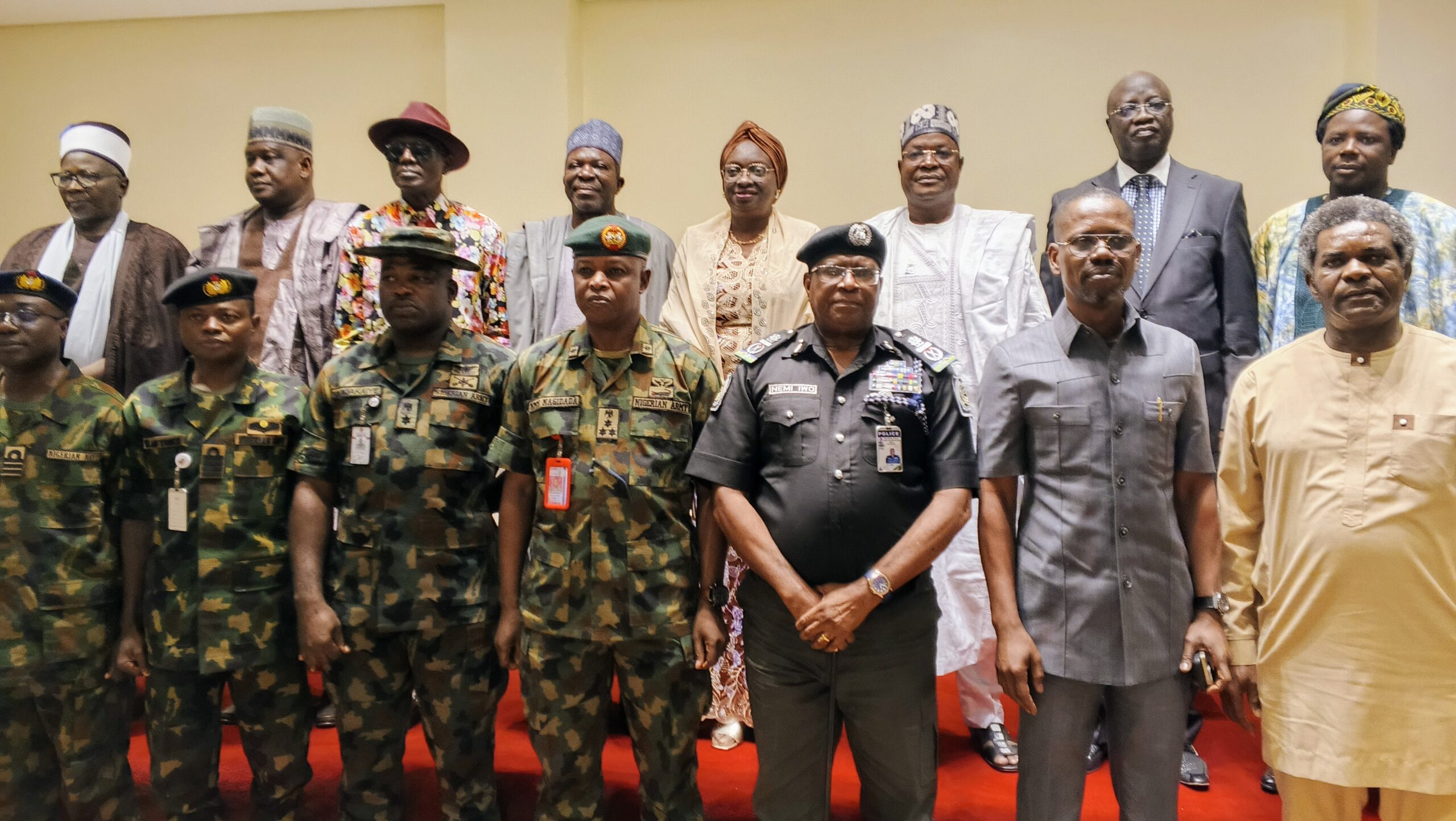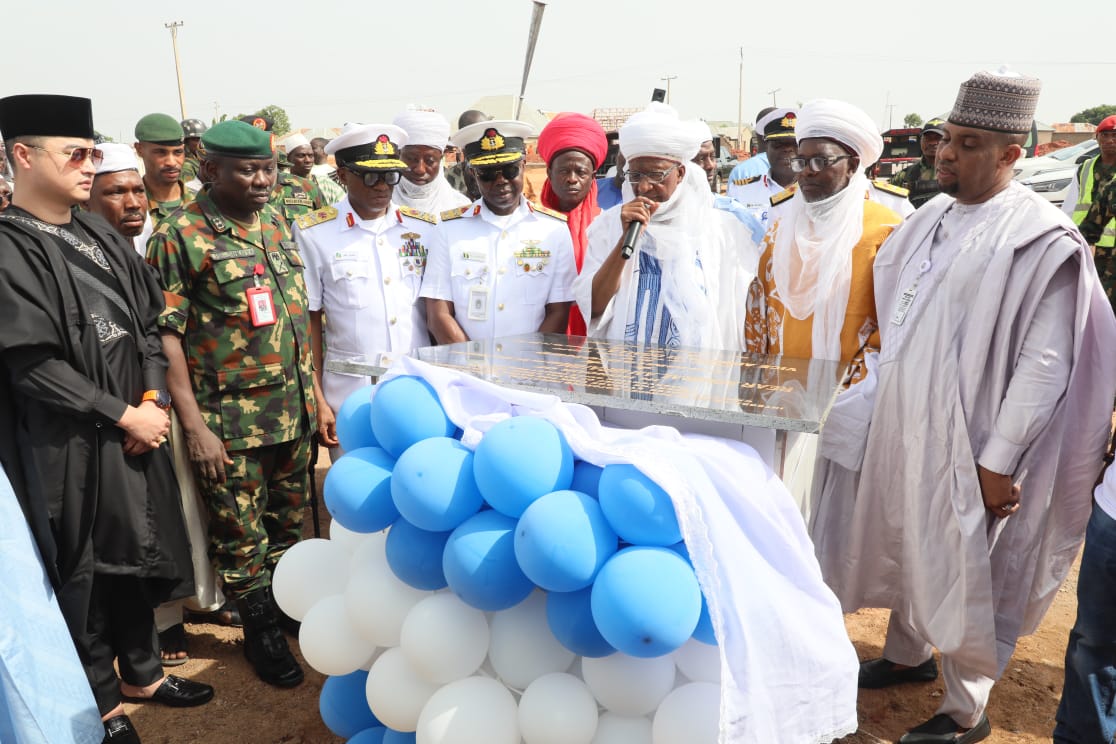NBC moves to build border community resilience for economic devt
By Philip Yatai
The National Boundary Commission (NBC) says it is building border community resilience for economic development through cross border cooperation.
The Director-General of the commission, Mr Adamu Adaji, stated this at the commemoration of the 2025 African Border Day, in Abuja on Monday.
The theme of the event was “Building Border Community Resilience and Economic Development through Cross Border Cooperation”.
Adaji said that Nigeria’s security and economic prosperity were directly interconnected with close neighbours.
He added that over the years, the country had systematically cultivated good relationships with its neighbours as strategies for national security and economic prosperity.
He said that the NBC has championed the engagements in a series of trans-border cooperation workshops to build confidence and downplay the weight of borders.
“The NBC is committed to a transformation process and effective border governance through the definition and determination of Nigeria’s territorial borders.
“This is because good fences make good neighbours.
“In addition to the effective efforts to demarcate and delimit all our boundaries with our neighbours to prevent conflict and disputes, the Commission champions the facilitation of equitable utilisation of transboundary resources.
“Our activities of cross border cooperation with our close neighbours are always inclusive of our border communities,” he said.
Adaji said that the NBC engages and works in close collaboration with the border communities, the local border authorities and traditional institutions.
According to him, the stakeholders are key in building community resilience, social cohesion, and in helping to secure territorial borders as well as enhancing the prospects for economic development of the country.
The NBC boss explained that the African border day was being celebrated by member states to raise awareness on the critical role international borders play in promoting peace and security.
He added that the day was also used to promote regional integration and inclusive socio-economic development across the continent.
“The day is also used to highlight the significant role of the African Union Convention on Cross-Border Cooperation in the integration of countries across the continent.
“The essence of today’s celebration is to bring together all relevant stakeholders to reflect on the day and to celebrate African Border Day.
“The theme is in line with the African Union’s all-embracing theme of the year:
“Justice for Africans and People of African Descent Through Reparations”, he said.
In his remarks, the Deputy Governor of Bayelsa, Sen. Lawrence Ewhrudjakpo, Chairman, Nigeria’s Coastal Border Platform, called for the creation of special funds for the boundary platforms to function.
Ewhrudjakpo also advocated the establishment of marine corps for intelligence gathering and ensuring safety along Nigeria’s coastal borders.
Also, the Deputy Governor of Sokoto, Mr Idris Gobir, Chairman, Nigeria -Niger International Border Platform, stressed the need for construction of border fences to ensure the safety of citizens.
According to him, strengthening cross border cooperation will not yield the desired results if Nigeria’s borders remain porous and accessible to all kinds of criminal elements.
The event was attended by stakeholders from across the country, including representative of security agencies. (NAN)
Edited by Abiemwense Moru









